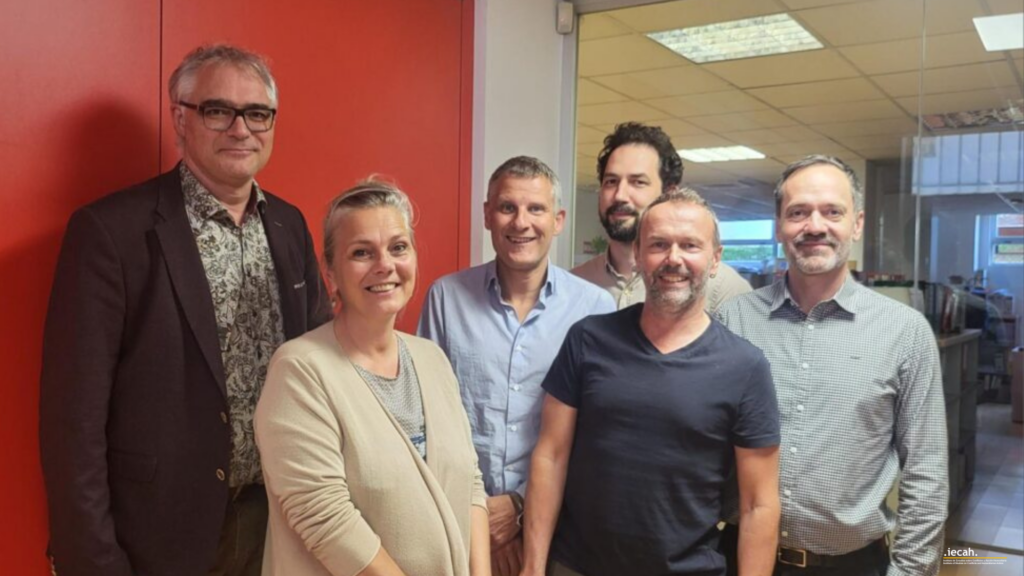Third meeting of European humanitarian think tanks in Madrid

Between May 11th and 12th, IECAH hosted the third meeting of European humanitarian think tanks in Madrid. This meeting is a recent initiative that originated initially from a project supported by the German federal government and channeled through the Centre for Humanitarian Action (CHA) in Berlin. On this occasion, think tanks from France (Groupe URD), Switzerland (HERE ), the Netherlands (KUNO ), Germany (CHA), and the United Kingdom (HPG) participated.
The initiative arises in the context of constant deficits in reforming international humanitarian policies and practices, and in light of the crucial role that European donor governments must play in ensuring humanitarian space and reform. Its aim is to improve the impact of think tanks committed to humanitarian policies and practices by increasing cross-national collaboration to seek synergies, exchange knowledge and experiences, cooperate in thematic areas of common interest, avoid duplications, and work together to advance the strategic development of our think tanks in an increasingly complex humanitarian context.
During these two days, discussions were held on how we work as humanitarian think tanks, and some joint research areas were discussed (climate change, feminist humanitarian action, triple nexus – humanitarian-development-peace). Shared challenges as think tanks were also addressed, and possible solutions were explored.
Furthermore, on May 12th, meetings were held with the Director of AECID, Antón Leís García, and with the NGOs Médecins Sans Frontières, Action Against Hunger, and Save the Children. These meetings allowed addressing Spain’s priorities within the framework of its presidency of the EU in the field of humanitarian action, as well as the main debates and challenges of the humanitarian sector.
From IECAH, we thank the European think tanks who visited us on this occasion and reiterate our willingness to continue participating in this type of meetings, which strengthen collaborative work and allow us to unite efforts in terms of future strategies, research, and advocacy.




